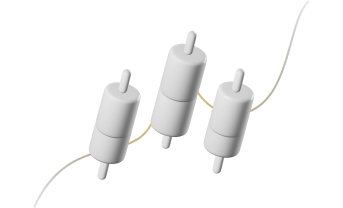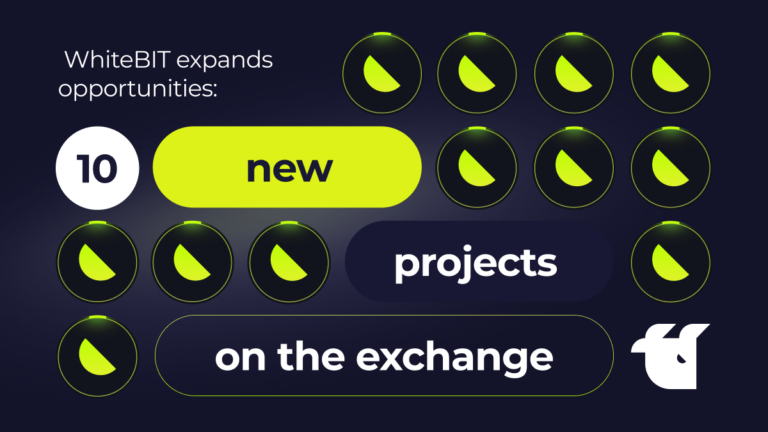Psychology of crypto trading

Content
Trading on the cryptocurrency market often resembles a marathon in which everyone wants to be the first. But unlike with running, there can be several winners at once in trading. It’s also worth understanding that there is serious psychological work behind successful trading, which we’ll talk about today.
We all want to win, achieve our goals, and be successful. Beginners in any business need to go a long way and gradually improve their skills. The crypto market is not a story about luck. It is a constant work on yourself, your mistakes, and analyzing your actions. The psychology of crypto trading is a set of rules, techniques, and actions for successful work on the crypto market, making a profit, and working on failures, which, unfortunately, cannot be completely avoided. But they can be minimized!
A professional trader is distinguished by his approach to trading. The result and an absolutely unbiased view of market situations are important for him. Financial success in the form of profit is the result.
Let’s take a look at the basic psychological tools that industry professionals use in their trading.
Drop the idea of defeat
When starting a trade, don’t think about the potential loss since such thoughts initially set you up to lose. Be confident and don’t focus on the fear of making a mistake. Of course, mistakes will happen, but take this as an important lesson and keep building on your trading experience.
Visualize
Visualization is not a scientific method, but psychologists insist on its importance. By visualizing your success, you block your fear of making a mistake and tune in only to effectively achieve your goal without unnecessary emotions. Imagine how you professionally and clearly work out your strategy and act in the same manner.
Be a loner
Cryptocurrency trading is an individual activity. Don’t think about other people’s opinions, and don’t let anyone interfere with your process. The accuracy of your forecasts will increase significantly when you independently begin to analyze market situations without resorting to the advice of others.
Self-realization comes first
Despite the fact that trading on the crypto market is related to finance, it should be perceived through the prism of the creative process. It should give you pleasure. Be confident in yourself and your success by making trading a way of self-realization. This approach will help you treat a chaotic and unpredictable market as a tool for your success.
Think about the risks
Don’t risk those funds that you are not ready to lose. This is the basic rule of trading on the cryptocurrency market. Consider your potential losses when drawing up a strategy. Avoid losses in excess of what you have set, even if the temptation is very great. Sometimes several small trades will bring more profit than one large one.
Discipline
Ignore sudden emotions or news. Trade according to a previously developed plan, without deviating from it. In our business, discipline is synonymous with success. This point is especially important for novice crypto traders because the market is extremely volatile, so the psychology of a trader is often under pressure from multidirectional trends.
Controlling emotions
Monitor your psycho-emotional state, and don’t start trading if you are under the influence of some news or events. Emotional trading will lead you to losses. If you feel that decisions are being made impulsively, you should be distracted and calm down.
Relaxation
We all need to take breaks sometimes. If you begin to understand that you are not coping and you are driven by emotions, take a break and don’t think about trading, assets, cryptocurrencies in general. Do what you love and spend time with your family or friends — this is what will give you strength.
Statistics
And, of course, keep statistics. This advice will be useful for both novice traders and industry professionals. Fix the number of trades made per day, the balance of profit and loss, longs and shorts, and other indicators. And at the end of the week, analyze this information. Statistics are a great way to create your effective strategy.









